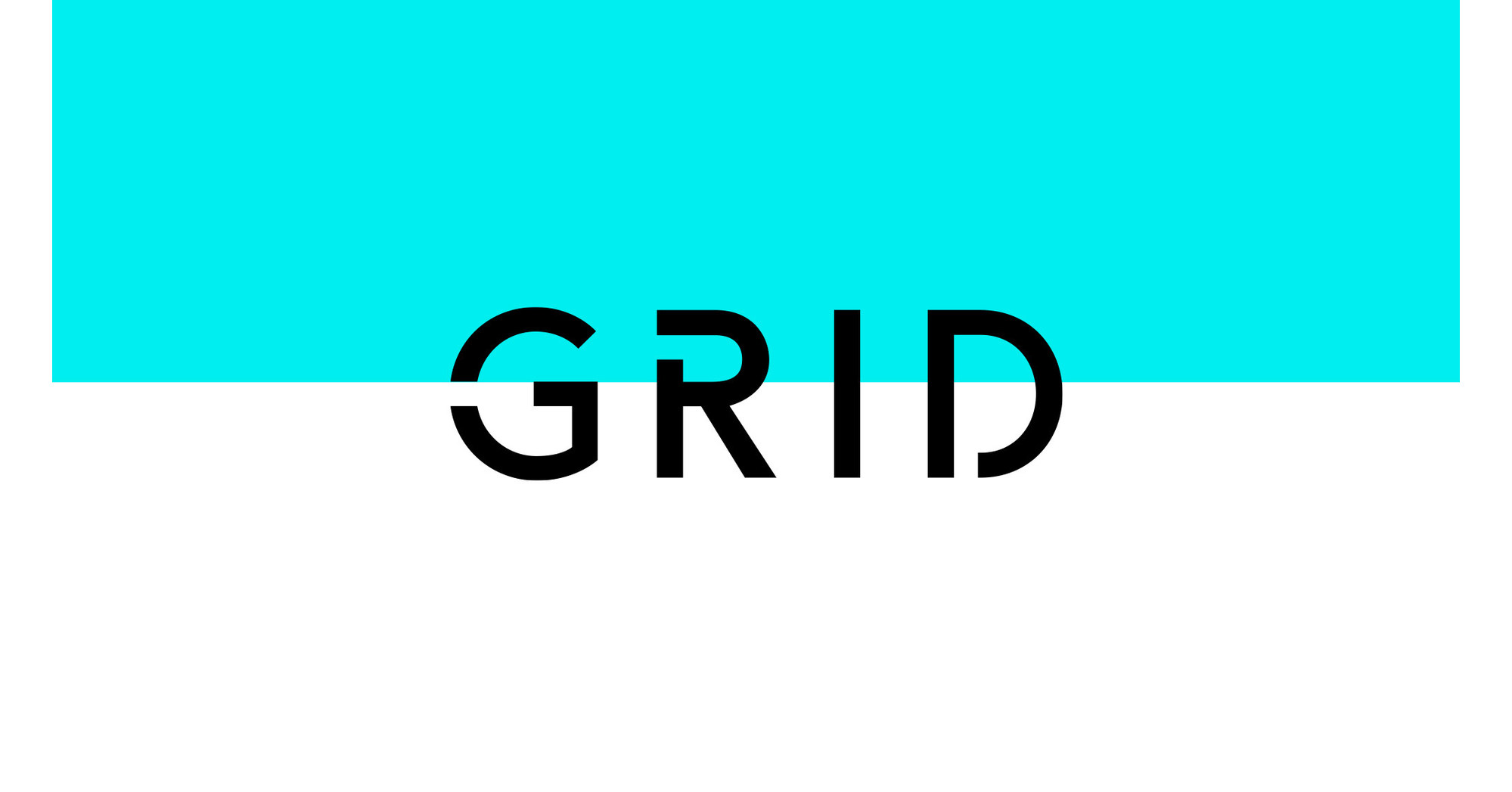In a lengthy segment Monday, under the banner “TUCKER INVESTIGATES,” Fox News host Tucker Carlson aired video clips that, he claimed, showed the House panel investigating the Jan. 6, 2021, attack on the U.S. Capitol had lied to the country in its public hearings and report last year and hid crucial evidence.
“Committee members lied about what they saw and then hid the evidence from the public,” Carlson said.
Carlson rolled clips of calmer moments of the attack on the Capitol while telling his millions of viewers that it was not, in fact, a deadly insurrection, but rather “mostly peaceful chaos...”
Fact-checking works insofar as people who see the fact checks are more accurate for having seen it, said Ethan Porter, professor of media and public affairs and of political science at George Washington University. But, Porter emphasized, even though fact checks work in reducing belief in misinformation, they are still limited.
When we speak about misinformation, he added, we aren’t simply talking about its effect on the accuracy of people’s beliefs, but on other attitudes, too.
“It might be the case that if you if you were exposed to misinformation about Jan. 6, the effects are not just going to be measurable on the accuracy of your beliefs about Jan. 6,” he said, “but it might further radicalize you, or it might lead you to become skeptical of democracy, or it might have these sorts of other downstream effects on you.”
Read the full article on GRID News.


